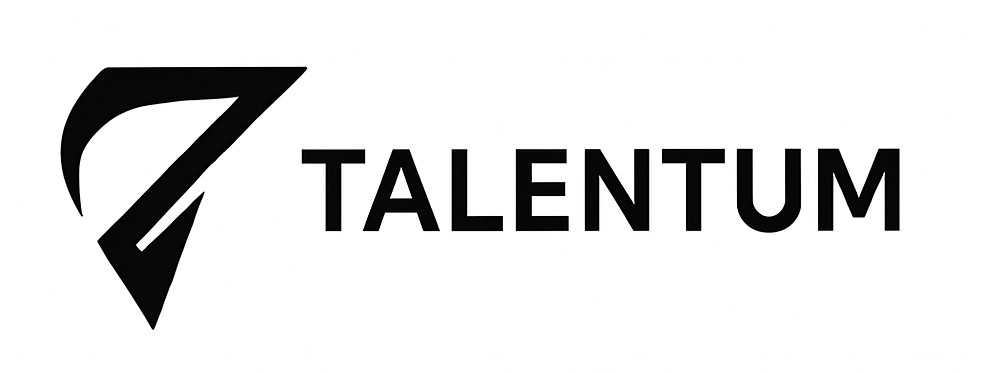1. Executive Summary
Talentum is a cloud-based, subscription-based software solution designed specifically for small to mid-sized entertainment agencies that manage a wide variety of talent including models, musicians, actors, dancers, and more. It streamlines booking management, talent availability, payment processing, and post-event tasks, while also supporting white-labeling and customizable branding for clients. The product aims to fill a market gap by offering deep integration, ease of use, and advanced features not currently offered by key competitors.
2. Market Opportunity
- Target Market: Small to mid-sized entertainment agencies (local/regional)
- Talent Types: Models, musicians, actors, dancers, cirque performers, magicians, burlesque dancers, singers, exotic dancers, security guards
- Market Need: Existing solutions (e.g., Gigwell, SimplyBook.me) lack robust white-labeling, broad payment support, advanced calendar sync, and seamless post-event feedback.
- Opportunity: Provide an all-in-one solution that is affordable, customizable, and scales with agency needs.
3. Product Description
Core Features:
✅ Talent database & automated availability checks
✅ Booking management with contract generation
✅ Calendar integration with Google Calendar (agency & talent)
✅ Payment processing: Stripe, Square, PayPal, Venmo, Cash App, Zelle, Authorize.NET
✅ SMS, email, and optional WhatsApp reminders (two-way communication with online confirmation/decline)
✅ Invoicing & payment confirmation
✅ Post-event feedback & rating collection
✅ Custom branding and white-label support
✅ Cloud-based at launch with a mobile app planned for later
4. Revenue Model & Pricing Strategy
- Subscription Model: Based on the number of talent/clients managed (tiered pricing)
- Free Trial: 7-day free trial period
- Optional Transaction Fee: Clients can choose to pay a small fee per booking instead of a higher flat monthly rate
- Additional Revenue Streams: Potential for premium add-ons (e.g., advanced analytics, premium support, custom integrations)
5. Development & Compensation Strategy
- Development Team: Existing team; compensation based on a percentage of business profits to incentivize ongoing support and improvements
- MVP Timeline: Begin development immediately; target MVP within 6–9 months
- Deployment:
- Phase 1: Cloud-based SaaS platform
- Phase 2: Mobile app (after MVP success and client feedback)
6. Marketing & Sales Plan
- Initial Marketing:
- Direct outreach to local and regional entertainment agencies
- Content marketing (blog posts, webinars, case studies) targeting pain points in booking management
- Social media presence and targeted ads (Facebook, Instagram, LinkedIn)
- Referral program for agencies
- Sales Strategy:
- Direct sales calls/emails to small and mid-sized agencies
- Partnerships with local event organizers and talent agencies
- Industry trade shows & conferences
7. Financial Projections (High-Level)
- Year 1: Focus on product development, onboarding first 10–20 clients, breaking even or small loss due to initial investment
- Year 2: Scale marketing efforts, add new features (white-labeling, mobile app), reach profitability
- Year 3: Expand to regional/national markets, refine features, add premium add-ons
8. Risk Analysis & Mitigation
- Development Risk: Mitigated by incentivized developer compensation (percentage of profits)
- Market Risk: Validate MVP with a small group of agencies before scaling
- Payment Risk: Integrate multiple secure payment processors from the start
- Competition Risk: Differentiate with white-labeling, broad payment support, and deep integration with calendars and communications
9. Next Steps
✅ Finalize feature specifications and user stories
✅ Begin MVP development
✅ Develop marketing website and sales materials
✅ Reach out to pilot agencies for feedback
✅ Implement profit-sharing agreements with developers
